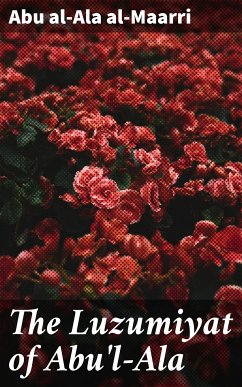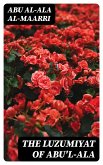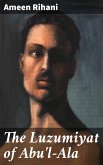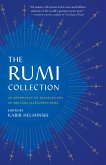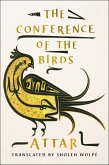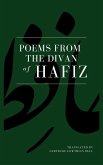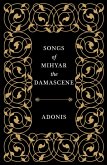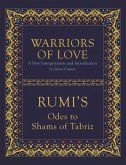In "The Luzumiyat of Abu'l-Ala," the distinguished Arab poet and philosopher Abu al-Ala al-Maarri presents a collection of profound and intricate verse that pushes the boundaries of intellectual thought and artistic expression. Written in the form of a philosophical dialogue, the text intertwines themes of existential inquiry with a rich tapestry of linguistic mastery, presenting a unique blend of lyrical beauty and rigorous dialectical reasoning. Al-Maarri's use of rhyme and meter not only serves to enhance the aesthetic quality of the work but also reflects the rich tradition of classical Arabic poetry, drawing on both pre-Islamic and Islamic influences while carving out a distinctive identity in the literary canon of the time. Abu al-Ala al-Maarri, a blind philosopher and poet of the 10th and 11th centuries, is renowned for his agnostic viewpoints and keen intellect, shaped by his challenging life experiences. Living in an era marked by cultural and philosophical flourishing in the Abbasid caliphate, his skepticism towards dogmas and religious orthodoxy fueled his literary endeavors, particularly in the exploration of themes such as fate, morality, and the nature of existence, all of which resonate throughout the Luzumiyat. This essential work is highly recommended for anyone interested in Arab philosophy, poetry, or the historical context of medieval thought. Al-Maarri's thought-provoking insights, coupled with his striking poetic form, offer readers a captivating journey into the depths of human reasoning and artistic expression, making it a compelling read for scholars and poetry enthusiasts alike.
Dieser Download kann aus rechtlichen Gründen nur mit Rechnungsadresse in A, B, BG, CY, CZ, D, DK, EW, FIN, F, GR, H, IRL, I, LT, L, LR, M, NL, PL, P, R, S, SLO, SK ausgeliefert werden.

